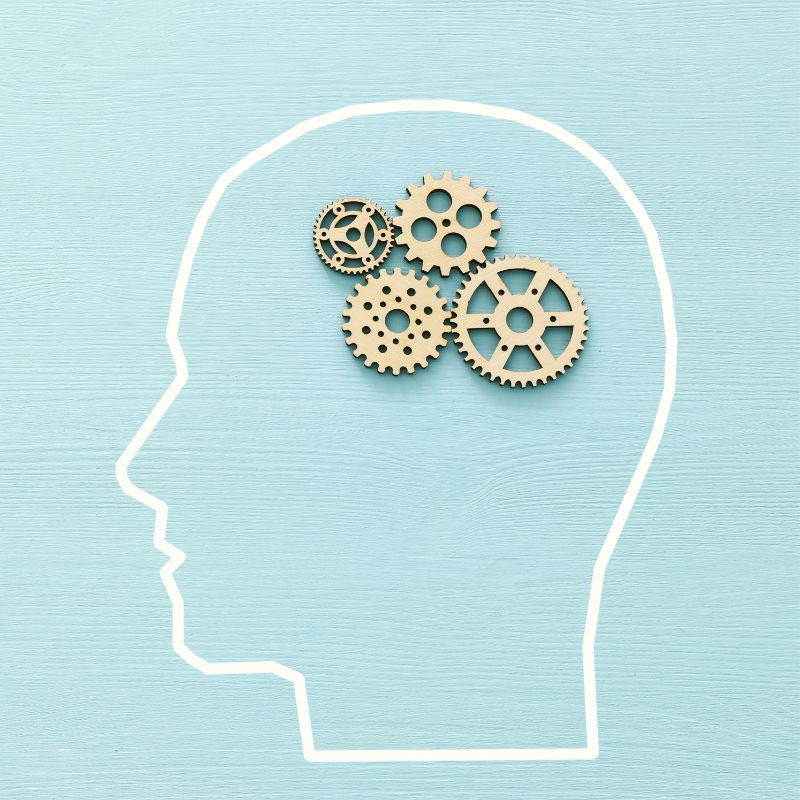Understanding The Differences and Similarities Between Autism and ADHD
Autism and Attention Deficit Hyperactivity Disorder (ADHD) are two neurodevelopmental conditions that often overlap in symptoms, leading to some confusion. Although they are distinct disorders, both conditions affect a person’s behavior, attention, and social interactions. In this article, we will break down four key differences and similarities between autism and ADHD, which can help individuals and families better understand these conditions and seek appropriate support.
1. Differences in Social Communication
Autism:
One of the core characteristics of autism is difficulty with social communication and interaction. Individuals with autism may struggle with understanding nonverbal cues, maintaining eye contact, and interpreting social situations. They may also engage in repetitive behaviors or have specific interests that dominate conversations, which can make social interactions challenging.
ADHD:
While individuals with ADHD can also experience social challenges, the primary issue tends to be impulsivity and inattentiveness rather than difficulty understanding social cues. A person with ADHD may interrupt conversations, have trouble staying on topic, or lose focus during social interactions. These behaviors can sometimes be misinterpreted as a lack of interest in others, but they stem from inattention rather than a fundamental difficulty in understanding social rules.
2. Differences in Focus and Attention
ADHD:
A hallmark of ADHD is difficulty with attention regulation. Individuals with ADHD may have trouble focusing on tasks, staying organized, or completing projects. This can include both inattention (difficulty concentrating) and hyperactivity (being overly active or impulsive). They often jump from one task to another without finishing, and may easily get distracted by external stimuli.
Autism:
People with autism can also experience attention difficulties, but their challenges with focus are often more specific. For instance, individuals with autism may have a deep, intense focus on areas of personal interest (also known as “hyperfocus”) but may struggle to engage with tasks outside those interests. This intense focus can make them appear inattentive to other tasks, but it stems from a different cause than the distractibility seen in ADHD.
3. Shared Sensory Sensitivities
Autism:
Many individuals with autism experience heightened sensitivity to sensory stimuli, such as lights, sounds, textures, or smells. These sensory sensitivities can be overwhelming and lead to discomfort or distress in certain environments. Sensory overload is a common feature of autism and can influence a person’s ability to engage socially or participate in daily activities.
ADHD:
While sensory sensitivities are more commonly associated with autism, some individuals with ADHD also report sensory processing issues. For example, they may be easily distracted or bothered by background noises or find certain clothing textures uncomfortable. Though sensory sensitivities are not a diagnostic criterion for ADHD, they can still affect those with the condition, contributing to challenges in focus and behavior.
4. Overlap in Co-occurring Conditions
Both Autism and ADHD:
Autism and ADHD frequently co-occur, meaning that many individuals diagnosed with one condition also meet the criteria for the other. Research indicates that around 30-50% of individuals with autism also have ADHD. This overlap can complicate the diagnostic process, as symptoms like inattention, hyperactivity, and social challenges can be present in both conditions. Understanding the co-occurrence of these conditions is essential for accurate diagnosis and treatment planning.
Conclusion
While autism and ADHD share some similarities, particularly in areas like attention regulation and social difficulties, they are distinct conditions with different underlying characteristics. Recognizing these differences and similarities can help families, educators, and clinicians provide more tailored support to individuals with these neurodevelopmental conditions. If you or someone you love is experiencing symptoms of autism or ADHD, reaching out to a mental health professional can be the first step toward understanding and managing these challenges.
—
At Ally Psychological Services, we specialize in comprehensive assessments and personalized treatments for a wide range of mental health conditions, including autism and ADHD. Our expert clinicians are here to help you navigate these diagnoses and support you in your journey to better mental health. To learn more about how we can help, reach out today.



